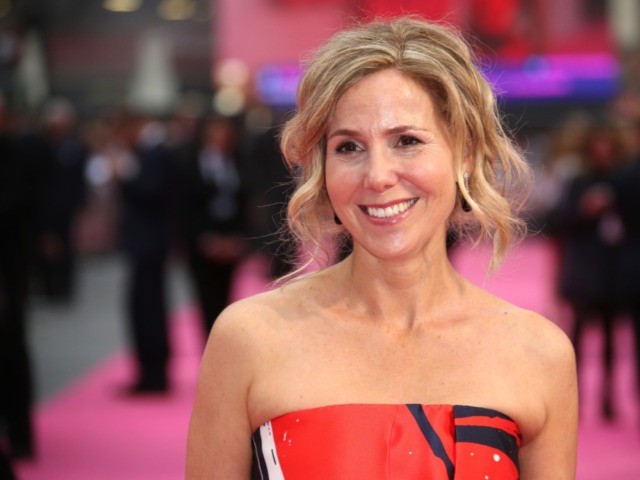English actress Sally Phillips has come out in opposition to a British law that allows the aborting of Down syndrome babies up to birth, while those with no “serious disabilities” are protected after 24 weeks.
Allied to the organization “Don’t Screen Us Out,” Phillips is pushing for a change to the 1967 Abortion Act to protect unborn children diagnosed with Down syndrome from being exterminated.
“Given advances in medical care and quality of life for people with Down’s syndrome, the different right to life is beginning to look not just dated but barbaric,” said Phillips, whose son Ollie has the condition.
Phillips hosted a 2016 BBC documentary titled “A World Without Down Syndrome?” that questioned the rationale behind a controversial UK pregnancy screening program indicating the presence of Down syndrome in unborn babies.
“In the last ten years, the number of people terminating for Down syndrome has gone up by 40 percent,” Phillips noted at the time. “Now nine out of ten British women terminate when they receive a positive diagnosis.”
As a result, there are only some 40,000 people with Down syndrome left in the UK.
“What’s so very dreadful to the world about Down syndrome?” Phillips asked. “I expected tragedy and got comedy,” she said, noting that “a majority of people with a Down syndrome family member are really happy with their lot.”
According to the actress, the question comes down to: “What sort of world do we want to live in and who do we want in it?”
Families of children with Down syndrome have petitioned health secretary Matt Hancock, to amend the 1967 act, requesting that abortions for non-fatal disabilities be outlawed in the third trimester.
The Telegraph reported Sunday that there are some 200,000 abortions each year in England and Wales and that 90 percent of parents whose baby is diagnosed with Down syndrome abort their child.
In 2018, the paper noted, 3,269 abortions were performed “to prevent a child from being born seriously disabled,” with Down syndrome being “the most common chromosomal abnormality, accounting for 618 cases.”
“This case addresses a matter that is fundamentally discriminatory — that unborn babies with a disability, and in this case Down’s syndrome, should be aborted up to birth. The current law attributes lesser value . . . to people with disability,” said Paul Conrathe, a lawyer acting on the case.

COMMENTS
Please let us know if you're having issues with commenting.